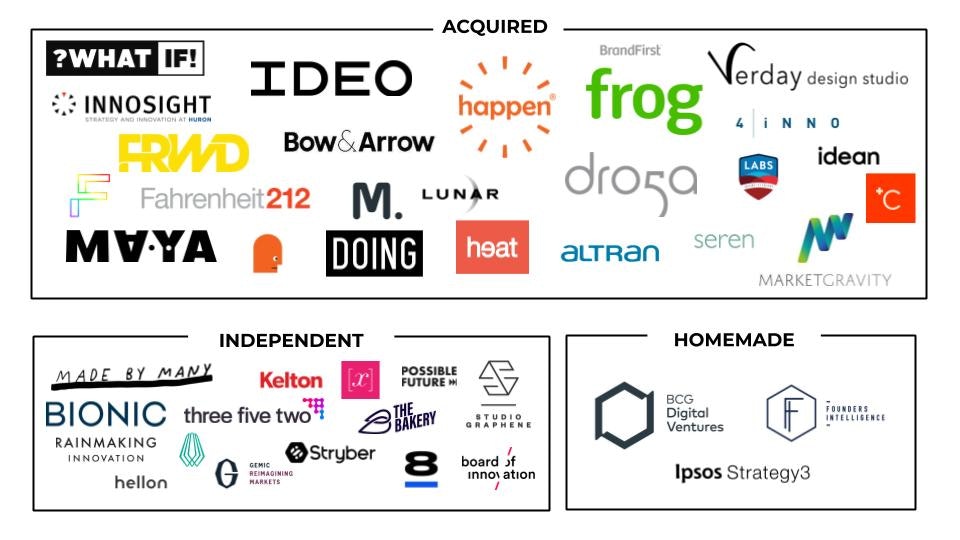Almost every business is being forced to pivot and reassess their operations amid the Covid crisis. None of these changes will work without a big change in the mindset of management teams and a change in the way companies communicate.
When facing disruption, every leader wants to believe that they are going to heroically shepherd their organisation to success and greatness. You revere the notion of being the chess master making the moves that will win the game. This expectation of your role makes sense when the business is doing well and the world is relatively stable.
We hear this all the time from CEOs at huge Fortune 500s — that they don’t think they are getting the truth from their employees.
However, in times of crisis — such as the current state of the world in the Covid pandemic, the role and inherent goals of a leader must change overnight.
While a crisis may push you to feel like you should have all the answers and you may even feel pressure to find the answers to all the business’ problems, in reality, an exceptional leader knows that their role in a crisis is to turn to their team for the answers — in fact, the leader’s job is not to have all the answers. Your job is to create a forum where you can elicit and reflect on all relevant information in order to make smart decisions.
This may seem obvious, but leaders always benefit from hearing divergent perspectives. At Bionic, we hear this all the time from our partners — the leadership teams and CEOs at huge Fortune 500s — that they don’t think they are getting the truth from their employees, especially during a crisis. The pressure to be right, to know, overwhelms the permission for teams and directs to discover and state new truths, and invalidate expired ones.
In order to receive these different perspectives, you need to create a big, safe table and to listen — really listen — to the team and build a roadmap for growth together. But you can't just add a chair to a table and expect people to sit down. It’s your job as a leader to recognise that people are adverse to coming to the table, and even more reluctant to deliver hard news until the leadership team creates that opportunity and conveys it is a safe and collaborative environment. There is work involved in creating the space for candour, and then curating, probing, and finding ways to get the traditionally silenced to speak.
Don’t shoot the messenger
In the 18th century, harming a town crier was considered treason. Any time an employee gives an honest opinion or delivers news, let them know that you hear them — especially when those opinions and information go against what you want to hear, and challenges your bias and goals. And then follow up with written communication that you understand what they are saying and potential next steps.
Leadership is, among other things, a conversation.
Leadership is, among other things, a conversation. It is on your shoulders, as a leader, to continue the conversation. You need to continually signal to your team that you are open to having that conversation, even — and especially — when it isn’t what you want to hear. Doing this consistently will inspire others on the team to speak up when they have some piece of information you need. I’ve had to learn these lessons the hard way in my leadership journey.
Being a leader means controlling your emotional response. Your team needs to know that you can remain calm if they tell you a shipment isn’t coming in because all deliveries are on backorder due to Covid, or that something is going to take triple the time it normally takes because of new safety measures, or that you need to hire an expensive freelancer because someone’s family member is in the hospital.
Now is the time to lead with empathy. Your team will remember your empathy and will be inspired by it to tell you the truth rather than what you want to hear. Very few businesses (with the exception of the likes of Amazon and Peloton) are going to make their quarterly and yearly revenue goals — while it is challenging, it is your job as a leader to take the information at face value and formulate a plan. So, you need your team to tell you the truth, so that you can make a better plan. And you’re not going to get the truth if you are not an empathetic leader.
David Abney, former CEO of UPS, would actively seek out the 'frowning faces,' and seek out the bad news first.
We can all learn from David Abney, Chairman and former CEO of UPS, who went on a worldwide “listening tour” when he was first named to the CEO role. Whenever he visited UPS facilities, he would actively seek out the “frowning faces,” ask what’s on their minds, and seek out the bad news first. Team members often don’t come forward with the truth for fear of being associated with the negative news. Tell them you need to hear it — this keeps everyone accountable and people feel ownership for the success of the business.
If there is a hesitancy about coming forward with the truth, it is up to the leader to create scenarios where the team understands they are ‘safe’. Make it clear that you do not want to believe your own narrative right now, rather you want and need to hear their perspective. Sometimes, it's best to lead with bad news. I most often open and close my leadership meetings with a “no surprises test” to my team and search their minds, and often hearts, in order to be certain they have stated absolutely everything to ensure they tell the truth.
Value un-learning
Right now, with the velocity and change in news, it is imperative to recognise that what you thought was the truth a few months ago is now, not the truth.
Anything based on last year is out of date now.
For example, many consumer goods companies saw their supply chains go haywire in the first quarter of 2020, as Asia struggled with coronavirus. A few months later as they were still trying to grapple with this new reality, their demand fell off a cliff as Europe and the US got hit. A few months after that, we saw openings, then closings, then reopenings across the US as different states saw increasing rates of Covid cases. All while the massive customer purchase behaviours moved to online and direct, perhaps permanently. Through each one of these turns, what these companies knew to be true just a few months prior was no longer true at all.
As Jeff Bezos observed: the smartest people are constantly revising their understanding, reconsidering a problem they thought they’d already solved. They’re open to new points of view, new information, new ideas, contradictions and challenges to their own way of thinking.
Anything based on last year is out of date now. Don’t expect next year to look anything like any year before in history. Covid is a monumental disruption, which is drawing a bright line between past and future.
Grow or die
It is a challenge for a successful leader to recognise that what got you here is not what you need moving forward. We call this refounding. Look in the mirror and think: “What would I do if I was the next CEO? Maybe I’d bet the whole business on something new.”
Don’t be offended if the best new idea comes from someone who isn’t you.
Ask your team to tell you the truth about where the next disruptor will come from and how they would deal with this ongoing crisis. Even if the answer is not obvious to anyone, it is your opportunity to open up the floor to your team. Don’t be offended if the best new idea comes from someone who isn’t you. No leader can see around corners by themselves right now. Let your team help you.
Truth starts with you
I have worked with hundreds of founders and CEOs and as a breed, they are (mostly) relentlessly positive and in many cases, they succeed because they passionately believe their own narratives. But, they only succeed when the facts of their business and the customers’ needs and behaviours actually align with their vision.
Elizabeth Holmes of Theranos, thought her vision was enough and fired anyone who disagreed with her.
This is an extreme example, but I think about Elizabeth Holmes of Theranos, who is awaiting her fraud trial. She thought her vision was enough, even when the facts did not support her hypothesis. She fired anyone who disagreed with her. She refused to accept when the testing of her product failed. And she lost herself and her investors millions of dollars.
If you want your company to rally around you and join you in refounding the business, you’ve got to lead with absolute truth: here’s where we are today, and this business could die. Then, you need to explicitly ask their help in saving the business, in refounding it.
The ownership of this transformation cannot solely come from the top, it has to come from everywhere in the organisation. That can only happen if leadership is open, honest, and inviting to the rest of the organisation, with a deep sense of contribution and ownership, and most importantly, the recognition that you cannot do it without every member of the team.
David Kidder is the cofounder and CEO of Bionic, a growth transformation company based in New York City.



